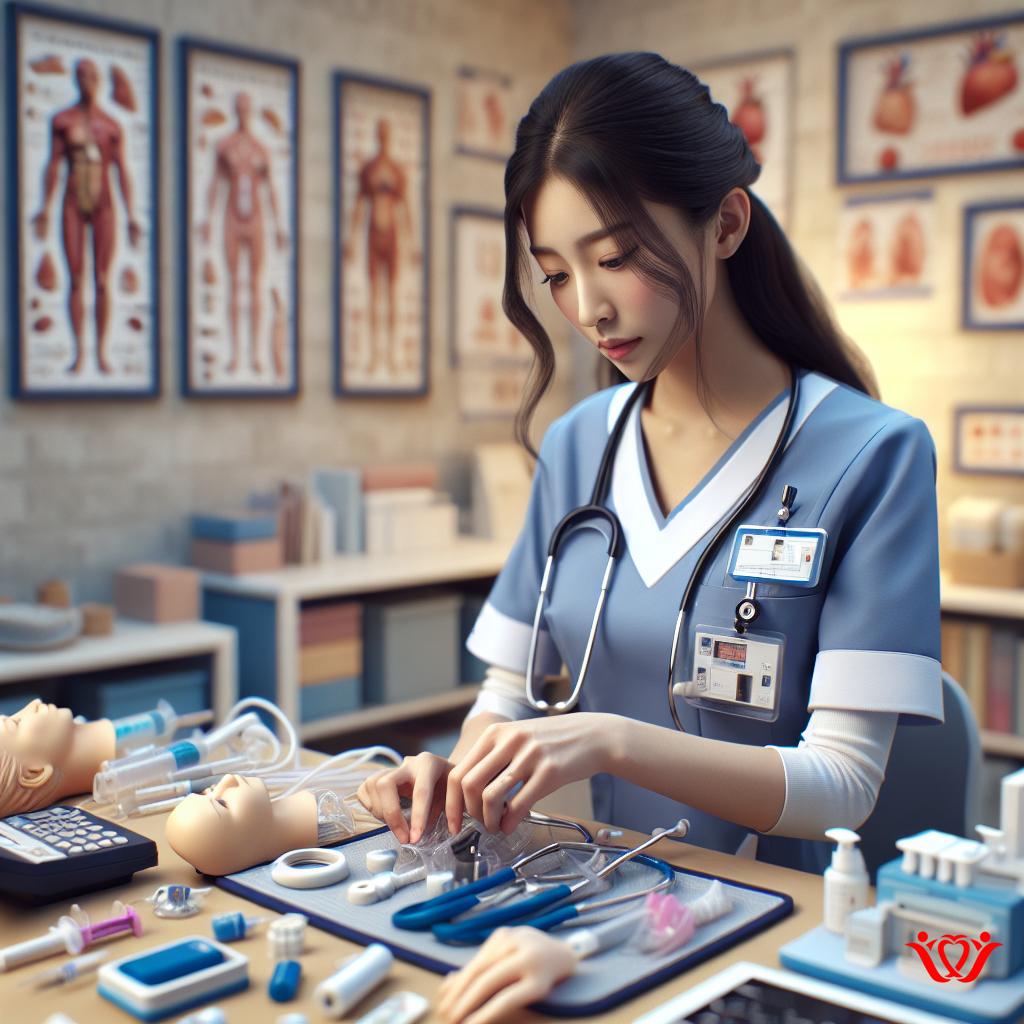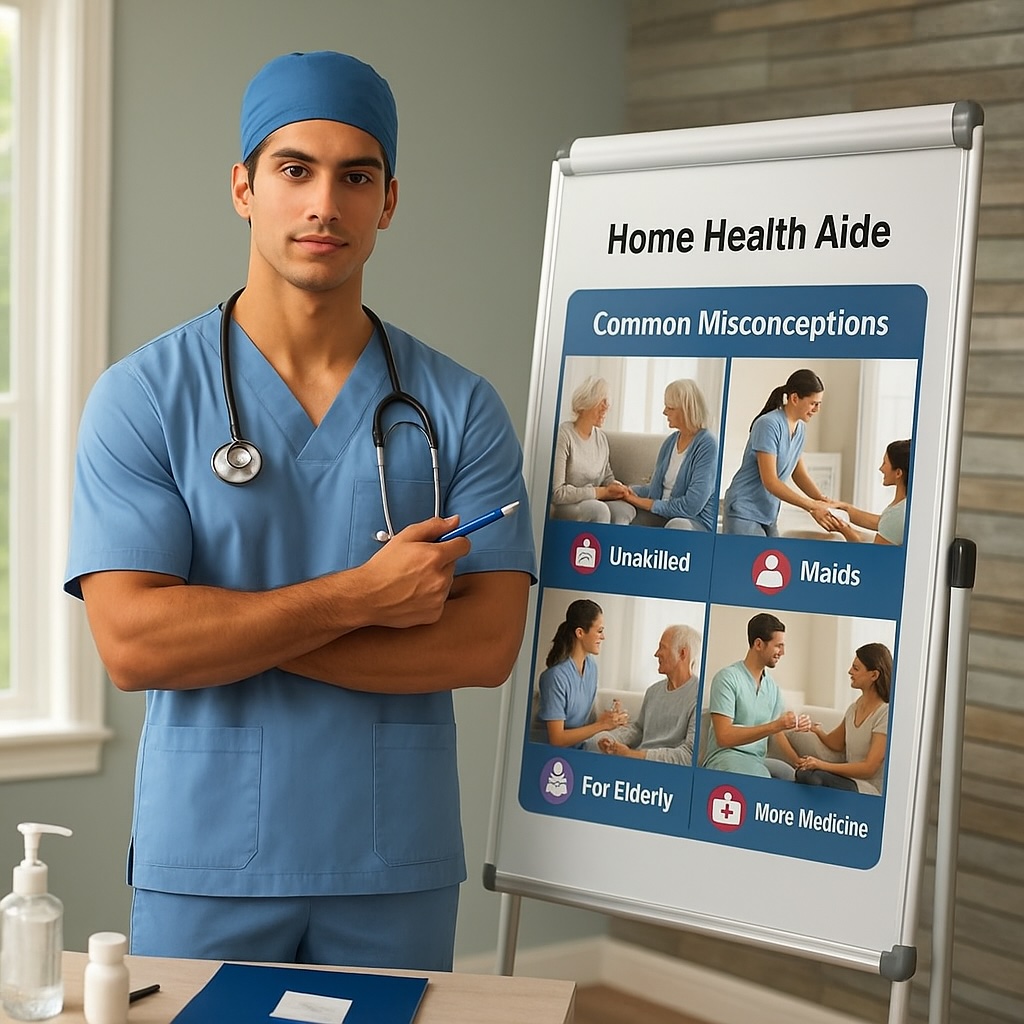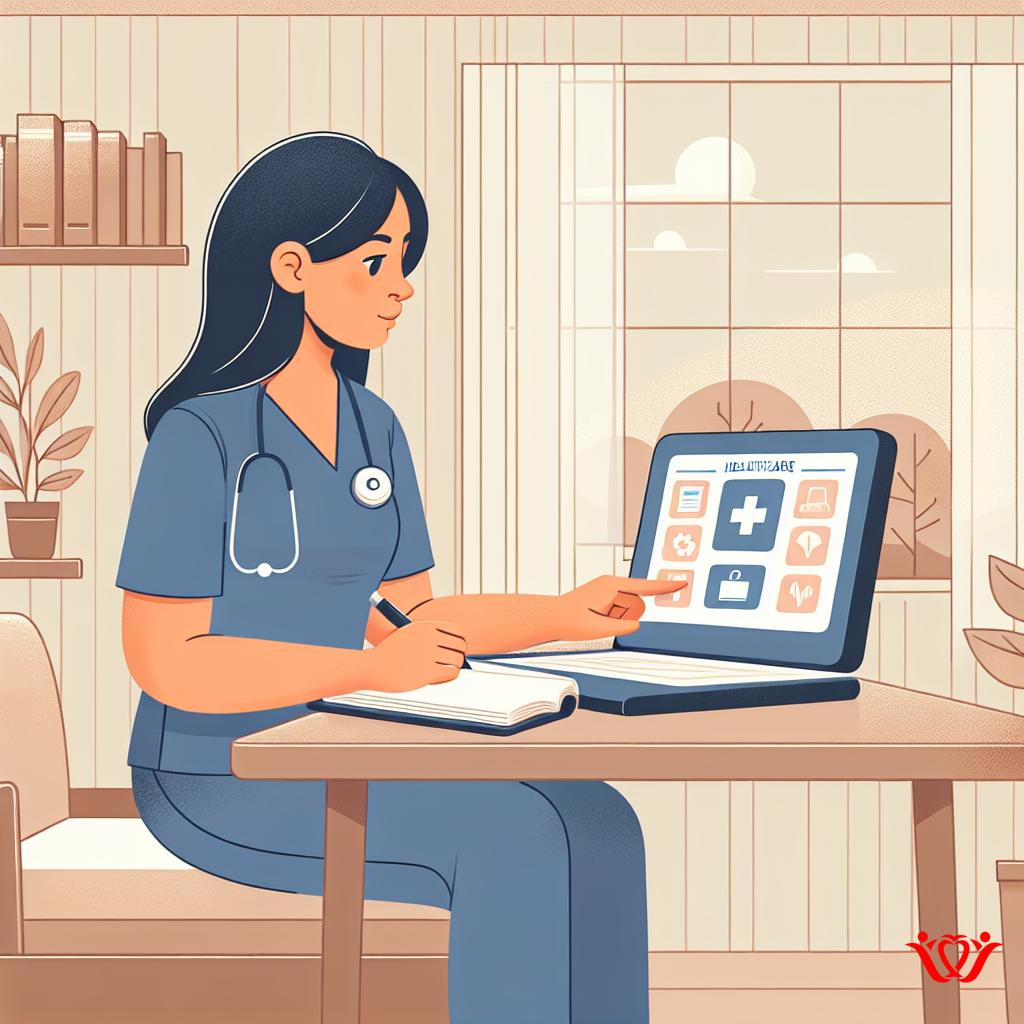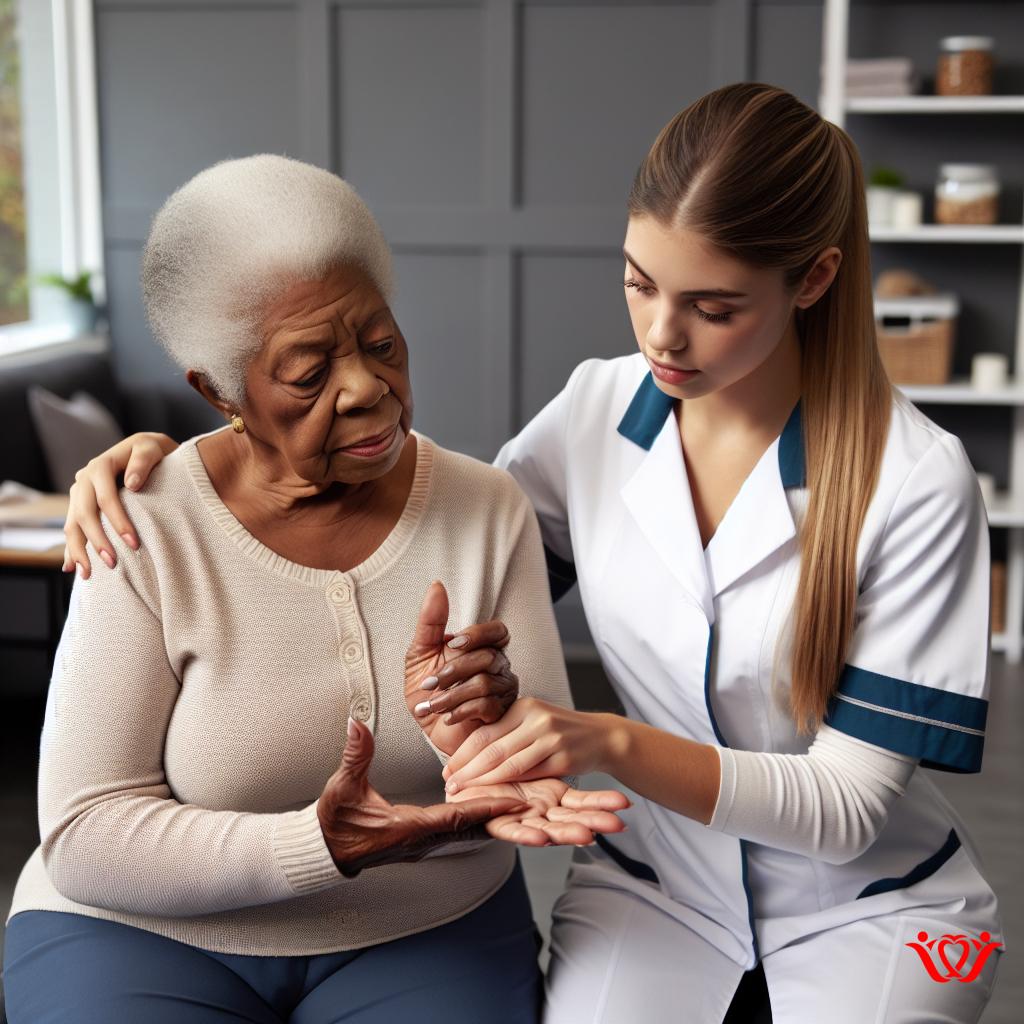
Introduction
As we move into 2025, the role of a home health aide (HHA) continues to evolve. With an aging population and advancements in healthcare technology, HHAs need to adapt swiftly. This blog post will explore the essential skills every home health aide should focus on to stay ahead in their field.
1. Compassionate Communication
Engaging effectively with patients and their families is fundamental. Home health aides must demonstrate active listening and empathy to understand and address patient needs.
- Use open-ended questions to encourage conversations.
- Acknowledge feelings and concerns to build trust.
2. Proficiency in Basic Health Care
Clinical Skills
While not required to perform medical procedures, HHAs should be proficient in basic health care tasks, such as:
- Taking vital signs.
- Assisting with medication reminders.
- Performing first aid and CPR.
3. Time Management
Home health aides often manage multiple patients, requiring excellent time management skills. Organizing daily schedules ensures each patient receives the necessary attention and care.
4. Adaptability to Technology
With the rise of telehealth and electronic health records, HHAs must become comfortable using technology in patient care. This includes:
- Operating telehealth platforms for virtual visits.
- Updating electronic health records accurately and timely.
5. Nutritional Knowledge
Understanding basic nutrition helps in prepping healthy meals tailored to the dietary needs of patients. This skill supports patient health and recovery.
6. Cultural Competence
In today’s diverse society, HHAs should respect and understand cultural differences. This skill helps in:
- Providing personalized care.
- Reducing communication barriers.
7. Problem-Solving Skills
HHAs face unexpected challenges daily. Effective problem-solving skills allow aides to develop creative solutions in real-time, ensuring quality patient care.
8. Physical Stamina
The job requires physical activity, from assisting patients with mobility to completing household tasks. Maintaining physical fitness is important for the safety of both the aide and the patient.
9. Ethical Practice
Home health aides must adhere to a strong ethical framework, prioritizing the well-being and dignity of patients at all times. This includes respecting confidentiality and patient rights.
10. Continuous Education and Training
Continuing education helps HHAs stay updated on the latest healthcare practices and technologies. This ongoing learning ensures aides provide the best possible care.
Conclusion
Mastering these skills will not only enhance the care you provide but also advance your career as a home health aide. As you prepare for the future, consider joining professional organizations like the National Association for Home Care & Hospice for resources and training opportunities.










0 Comments